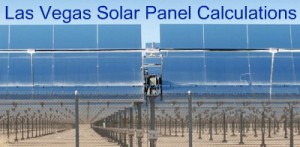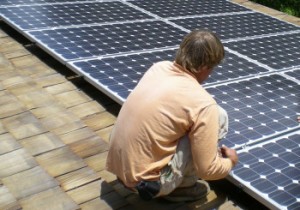PV Solar has the ability to make a positive impact on you and your home and your family in many ways. But, there are some key components to buying and then keeping up your solar system that everyone should understand.
As we have talked about in previous articles, you want to receive several bids from several different solar contractors in your area before deciding on one. This is going to be an expensive purchase, and one that is a long term investment, so take your time with this phase of the decision making.
You should seek a contractor who details the warranty and maintainence schedule on the proposal prior to making any final decisions. Specifically, you want to make sure your contractor will be there to fix any problems that arise with the installation of the solar panels or the inverter or any other parts of the solar electric system. A properly installed solar electric system should have very little maintaining needed, in fact, many owners of solar electric systems can go over ten years without needing to do a single thing to their properly installed system!
As for warranty information, be sure to figure out exactly what the warranty information is going to be on the solar panels and the inverter and any mounting gear that is part of the solar electric system. Most solar panel makers offer a 20 year warranty, and usually the minimum warranty for solar electric inverters is 10 years, so make sure your contractor explains that to you. Just so you understand as well, most local solar contractors have partnerships with local or national wholesalers of solar equipment. They may even call themselves “authorized dealers” of certain types of solar electric equipment. With this potentially being the case, they will know exactly the warranty information on the solar electric equipment. If they do not know the warranty information, that might be a GREAT sign that you are dealing with an inexperienced “solar professional” and my advice would be to seek other options for your needs.
How to clean your Solar Electric System:
This is something that is simple. Usually, the rain will take care of all needed cleaning of the solar system, so you don’t need to worry about doing anything yourself. Actually, in most cases, homeowners who try to get ontop of their roofs to “clean” their solar panels often cause more damage than good to the panels, so it is advised not to do much cleaning other than making it rain.
Another related article is about buying a 3 to 4 kw solar system




